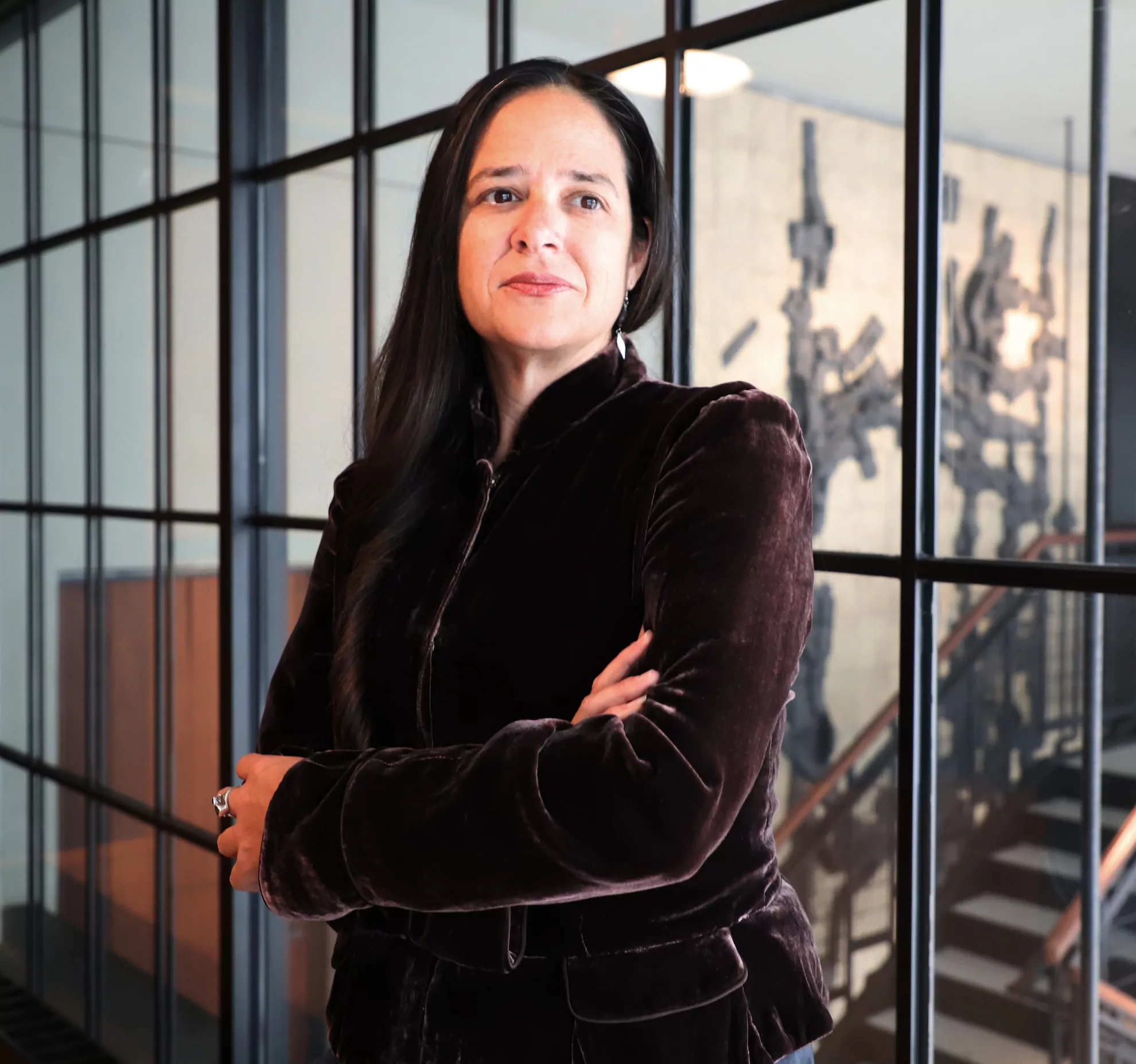Monique Verdin is a transdisciplinary storyteller, citizen of the Houma Nation and director of The Land Memory Bank & Seed Exchange, responding to the complex interconnectedness of environment, economics, culture, climate, and change in the Gulf South.
2023 Culture & Narrative Fellows Our Fellows
Monique Verdin
(she/her)

About
Monique Verdin is a transdisciplinary artist and storyteller who documents the complex relationship between environment, culture, and climate in southeast Louisiana. She is a citizen of the Houma Nation, director of The Land Memory Bank & Seed Exchange, and is supporting the Okla Hina Ikhish Holo (People of the Sacred Medicine Trail), a network of Indigenous gardeners, as the Women’s Earth and Climate Action Network Gulf South food and medicine sovereignty program manager. Monique is co-producer of the documentary My Louisiana Love and her work has been included in a variety of environmentally inspired projects, including the multi-platform performance Cry You One, Unfathomable City: A New Orleans Atlas, and the collaborative book Return to Yakni Chitto: Houma Migrations.
Mediums: Film, Comedy, Theatre, Nonfiction Writing, Mixed Media/Installation, Visual Art, Site-Specific Activation
Location: New Orleans, LA
Contact
2023 Fellow
Monique on Her Project
“Bvlbancha Liberation Radio” is an Indigenous led, micro-grid communication and collective power building station based in Bvlbancha (New Orleans). We provide Indigenous news, views, and music while also providing one of the few public voices for environmental concerns in the greater Gulf South. After Hurricane Ida in 2021, the Indigenous Environmental Network sent gear and an engineer down to equip our Intertribal community, from Bvlbancha and the bayous, to setup systems for crucial information sharing in a post storm environment and in case of emergency situations, supporting a clearing house for mutual aid groups while also engaging in mutual aid and cultural projects ourselves.
Through experience living on the frontlines of climate abuse, where the legacies of environmental racism are deeply rooted, our network has recognized that the disaster is not coming, it is constant, we are preparing, we are prepared. We are providing a safe space for Indigenous Peoples and allies to discuss pressing land and water issues and adaptation practices, while wrestling with critical analyses of policies that shape how we fight for our lives and our Earth, while living just south of Cancer Alley, just north of the Dead Zone, in the heart of the Mississippi River Delta, where the consequences of the Plantationocene reflect realities and relationships with global systems. The Choctaw called New Orleans Bvlbancha, “place of babbling languages” or “place of many tongues”, long before the colonizers sailed in to rebrand the sacred site, where ceremony and trade are connected to a web of waterways. In the spirit of diversity, exchange and education, “Bvlbancha Liberation Radio” has been and will continue to strategize pathways for communities to engage in and to influence our collective planetary well-being, knowing that a just and sustainable way forward is not possible unless our communities are able to reckon, repair, heal from and to prohibit the perpetuation of white supremacy mentalities, policies and practices.
“Bvlbancha Liberation Radio” needs a more archived, curated, informative and interactive transmedia website presence. As the station enters it’s second year we are dreaming about new programming and inviting more voices to be amplified. We also hope to continue to create space for educational opportunities in community spaces, such as offering solar education workshops like we did this past fall when BLR co-hosted a three day workshop that built five 5kw hour solar generators with FootPrint Solar.


